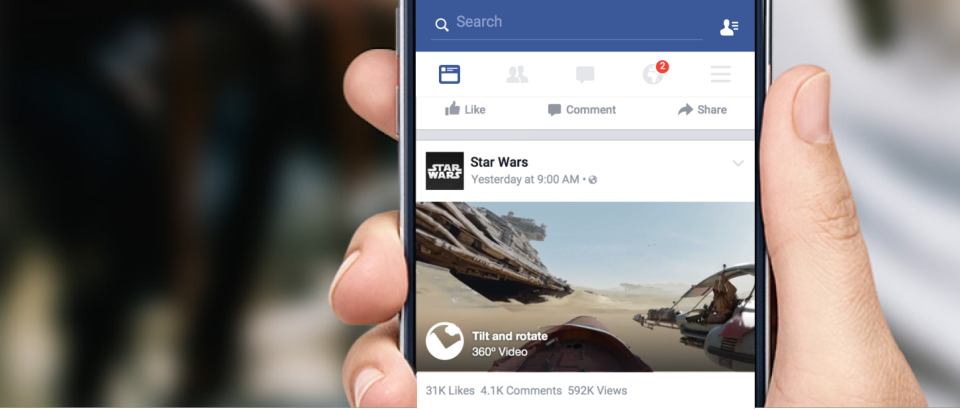Unless you’ve not paid attention to the media in the past months, it’s likely that you’ve heard of fake news, from the Internet hoax about Rowan Atkinson’s death – that’s Mr. Bean for those of you who don’t know him yet – to the famous Pizzagate last December. Fake news is everywhere, and while they are not the main item of information online, they can have a negative impact on your everyday life and your decisions. Imagine reading fake news about the impact of vodka on your diet and switching from a water-only to a vodka only regime? Okay, that’s a little far-fetched, but you get the picture. However, what you might not have considered is how fake news can dramatically affect your marketing efforts.

Fake news and content marketing
According to the Washington Post, 60% of web users are happy to share a link without even reading its content. What this means is that people only read the first few words in the extracts and decide to share and comment, even though they haven’t read the whole article. Consequently, you are at risk of building your digital presence on facts that are not correct. Therefore it’s important to remember some basics about content marketing: According to Ignite Digital, content marketing gives your business the opportunity to educate your audience with valuable information. In other words, check your facts if you want a strong content strategy.

Fake news and brand awareness
There’s a double risk about the presence of fake news online. For a start, it’s likely that your website will suffer negative impacts if you’ve been building content that uses fake news. But more importantly, as users are becoming more and more suspicious about what they read online, less than one-third of your visitors will believe what they read about your company. The rest will assume that it’s all part of the big fake news scheme.
Fake news and social media
Unfortunately for you, sharing fake news on social media, as part of your social media activities, can cause viral reactions. Even if your business finds ways of dealing with the negative feedback, as Kissmetrics points out the social media world never forgets. In other words, the post you share on social media will remain online… and so do the conversations that follow. To put it simply, even one mistake that you’ve made about fake news outside of the social media platforms can still be found by users and shared on Twitter, for example. Any faux pas will come back to haunt you on social media, and even more easily if you use viral hoaxes – unwillingly, of course.

You’re not on your own
Don’t panic, though. Fake news is a known threat, and that’s why Google has changed its algorithm in April this year, as a way to filter out hoaxes. As a result, Google is ranking primarily authoritative pages and allowing users to report inaccurate or misleading content. Admittedly, it doesn’t mean that it’s the end of fake news, But if you check your facts carefully through high-quality content sources, you’re less likely to fall for a hoax.
Your role as a business is to share authoritative content about your area of expertise. Consequently, the accidental use of fake news – on social media or your website – can damage your ranking, your brand reputation, and your social media presence. Let’s just hope that careful on- and offline research and the latest Google algorithm can help you to stay in the clear.
